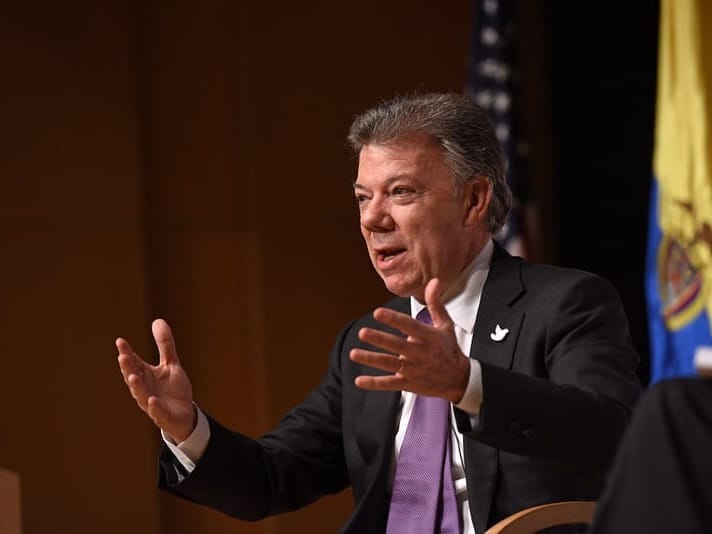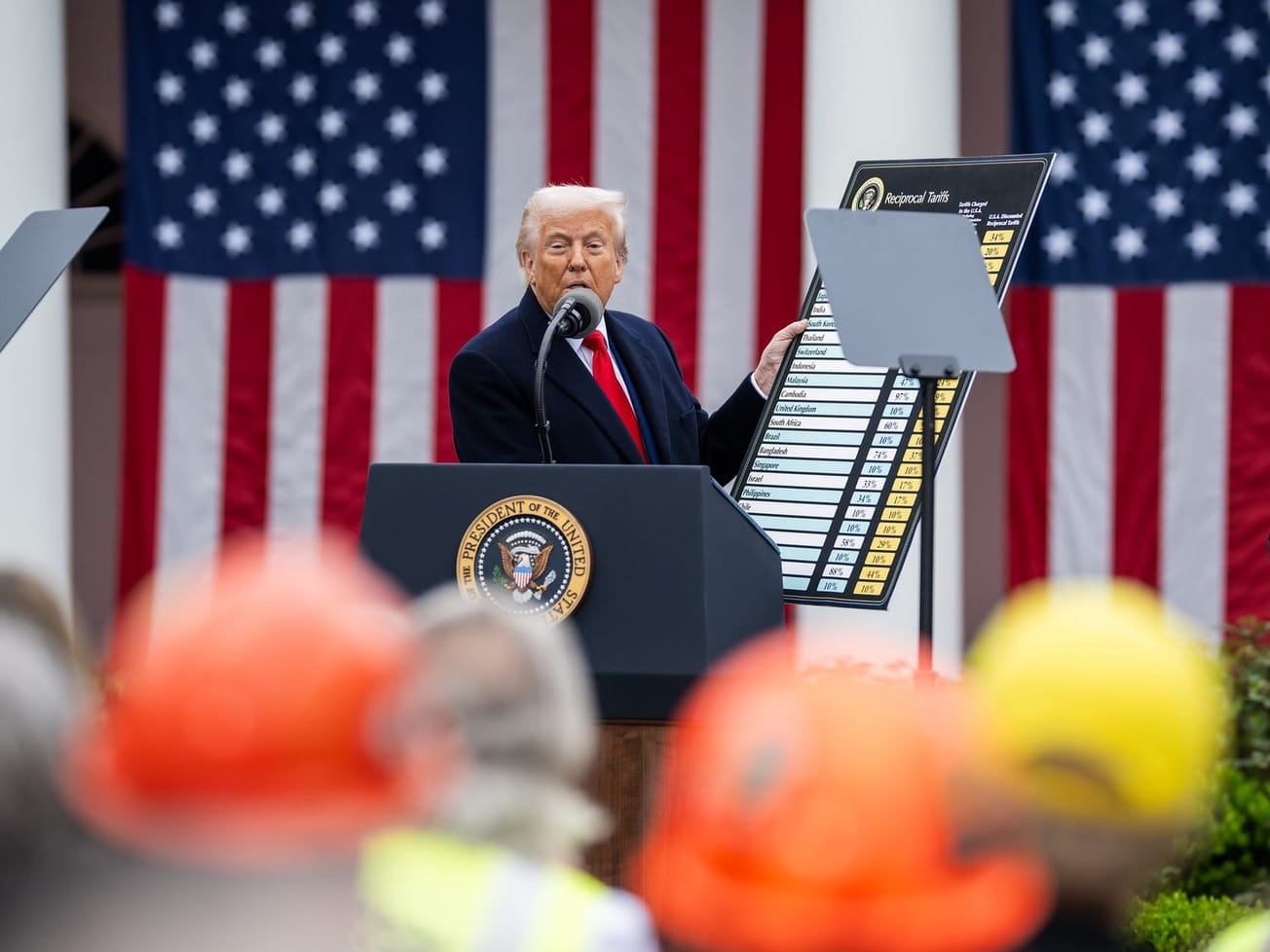South Africa's President Cyril Ramaphosa outlined his vision for leading the Group of 20 major economies in 2025, calling this a moment to "harness" abundant natural resources and new technologies.
In a special address to the World Economic Forum in Davos, Switzerland on Tuesday, Ramaphosa invoked Nelson Mandela's speech before the same venue in the Swiss Alps in 1992 at which he emphasized humanity's interdependence and the need to work together for a greater good.









